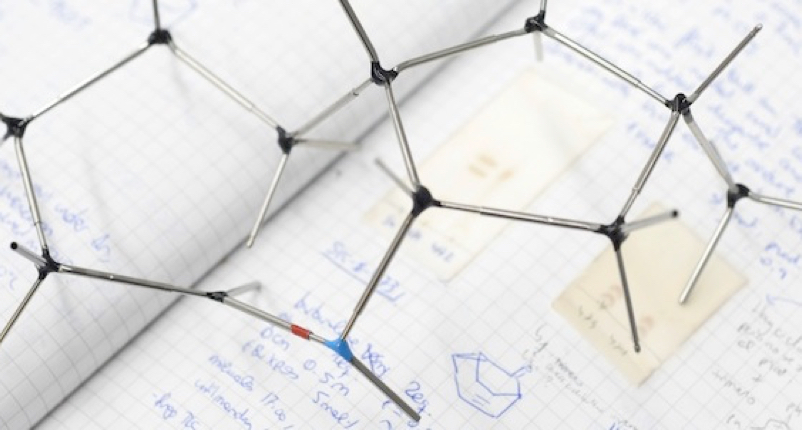Molecular-based upconversion in homo/heterogeneous liquids and in micro/nanostructured solid materials
Radiation upconversion can be an elegant and efficient strategy to minimize waste in energy harvesting and storage processes. The upconversion based on triplet–triplet annihilation processes of molecular dyes is a very versatile approach, but it requires a systematic photophysical characterization of the systems to optimize the upconversion yields and develop materials for technological applications. This paper represents an overview of the work carried out in our laboratories for the study and characterization of a molecular dye pair, 2,3,7,8,12,13,17,18-octaethyl-21H,23H-porphyrin platinum(II) (PtOEP) and 1,3,6,8-tetraphenylpyrene (TPPy), suitable as the sensitizer and emitter, respectively, in a triplet–triplet annihilation based upconversion process. The investigation has been carried out in various media with increasing complexity. First, we used the dye pair to characterize the UC-efficiencies in homogeneous solvents of different viscosities and in oil-in-water microemulsions; then we explored the possibility to achieve upconversion in solid materials, like nanostructured silica matrices and liquid filled microcapsules. The possibility to achieve upconversion emission even in confined and rigid media has been confirmed and can inspire further applications of the process.

L. Latterini, G. Massaro, M. Penconi, P. L. Gentili, C. Roscini F. Ortica
Dalton Trans. 2018, 47, 8557-8565
DOI:
10.1039/C8DT00020D

Let's create a brighter future
Join our team to work with renowned researchers, tackle groundbreaking
projects and contribute to meaningful scientific advancements


















